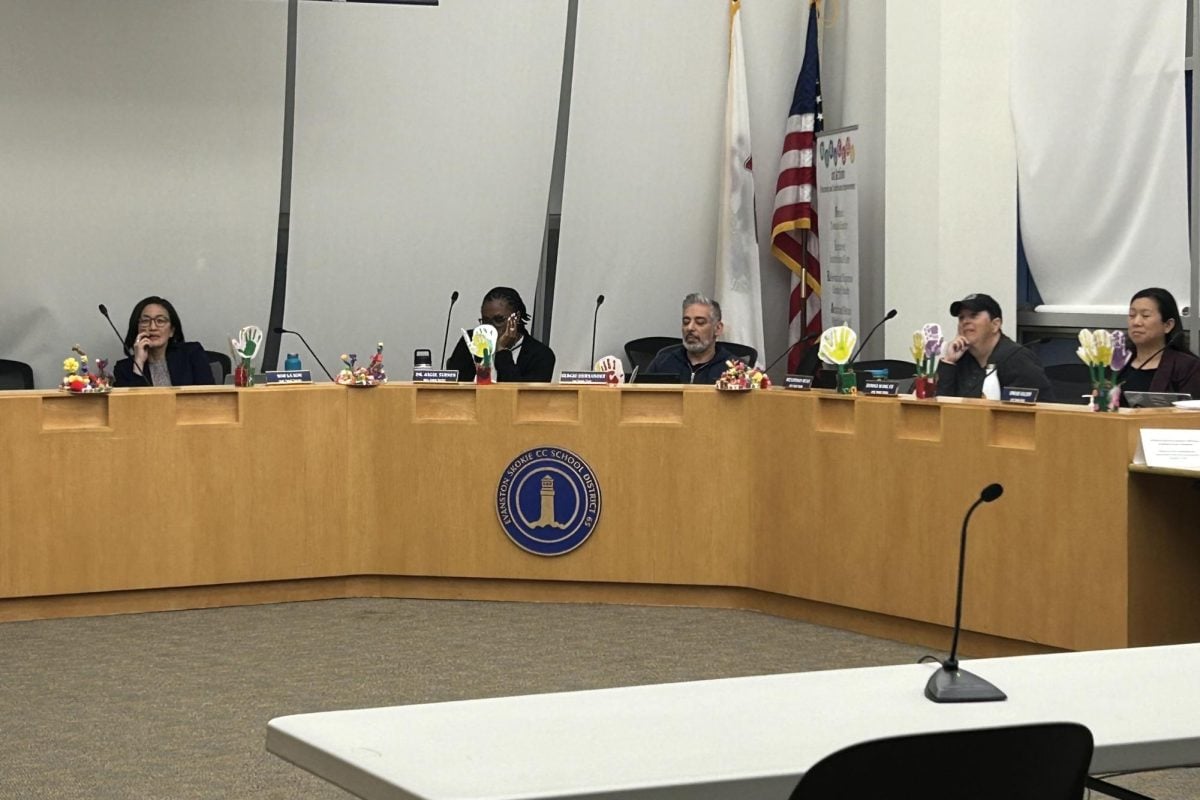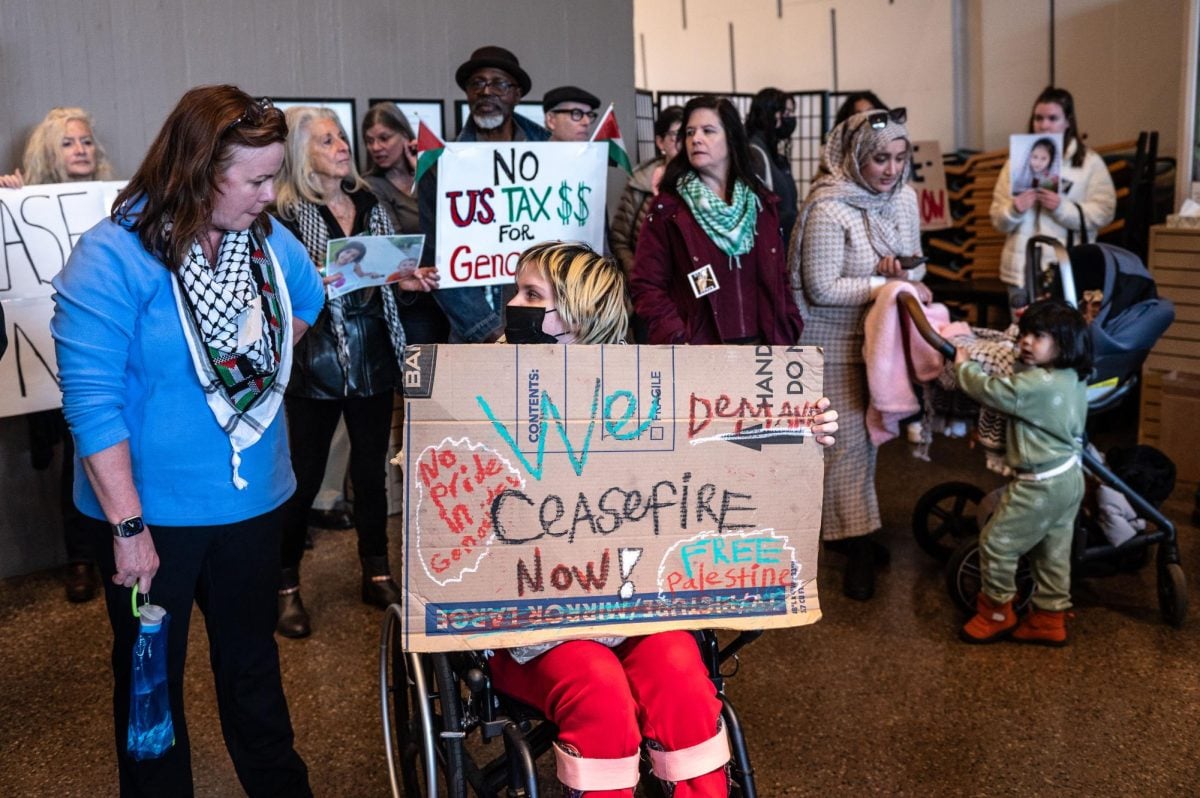After an economically sobering year, the city council’s budget workshop Monday focused on scrimping, saving and thinking realistically about projected revenue.
In his presentation to the city council, Marty Lyons, the city’s finance director, made suggestions for where Evanston can look to save in the coming year. These included expenditure control, under which purchases of $1,000 or more within city departments would require approval from the city manager and would stop hiring new city employees. This means leaving vacant positions unfilled and going without additional workers the city would normally take on.
“We will implement a hiring freeze, effective immediately, involving all positions,” Lyons said. “We truly have to garner all of the savings from those vacancies.”
The city has been operating under a promise not to lay off any employees for the 2009-2010 fiscal year. Thus far, no such promise has been made for 2010-2011.
After the meeting, Steven Drazner, assistant director of finance, said layoffs are not out of the question for the upcoming year.
“(Layoffs are) a possibility,” he said. “We don’t have any details yet, but it’s a possibility.”
Lyons said he also hopes to recover money through limiting the new vehicles purchased by the city.
Several aldermen voiced a need to assess the long-term expenses that would be incurred by skimping on city maintenance, such as neglecting to replace vehicles or fix roads.”Folded into this in my mind is that deferred maintenance is sometimes more expensive maintenance,” Ald. Melissa Wynne (3rd) said.
Economically speaking, things have been looking up during the second quarter of the 2009-2010 fiscal year, with increased consumer spending and improving credit conditions, but Evanston’s dips in both general fund revenues and reserve balance mean the city still needs to attempt to save and make conservative estimates for revenue to come, Lyons said. The 2009-2010 budget predicted higher revenues from real estate transfers than came to fruition. For the upcoming year, Lyons said the budget will still need to reflect the impact of the recession.
“For us, one of the biggest issues is unemployment and real estate and we’re not coming out of those real quick,” he said.
Lyons said the city should also look into refinancing the debt it already has at a better interest rate and could look into making “modest” cuts in the health coverage it offers employees.
As next year’s budget is created, the city will employ a new practice through which it will hold five different planning meetings with opportunities for residents to participate and ask questions.
Junad Rizki, former 7th Ward aldermanic candidate, attended Monday’s meeting and said he was concerned that low property tax increases and promises of minimal service cuts would cost city employees their jobs.
“They have to make the money up somewhere else,” he said.
“They’re not making it up with property taxes. They’ve got some pretty big holes. You had to read between the lines, because it’s a huge hole in the budget, and the reserves are going down.”







